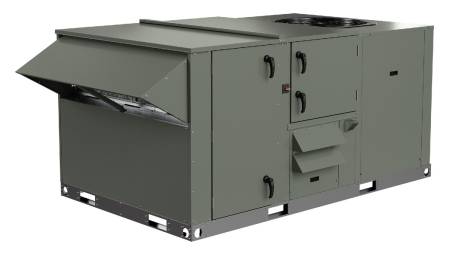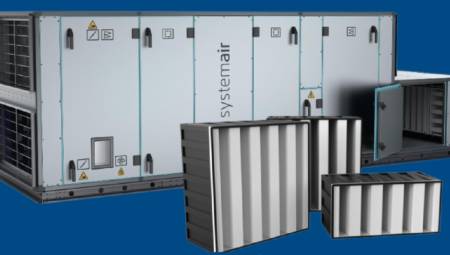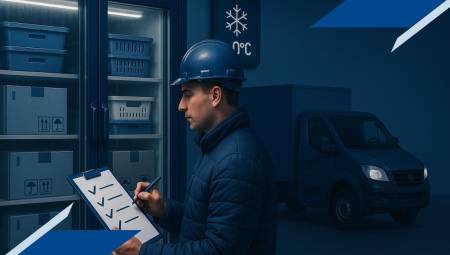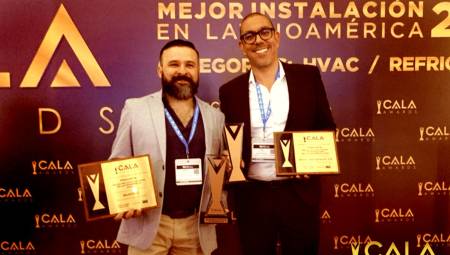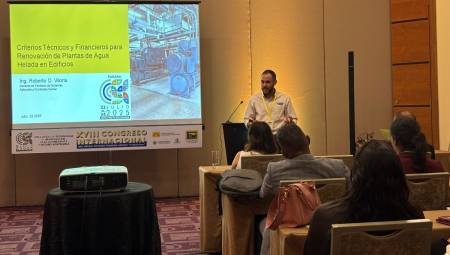 United States. Researchers at the National Institute of Standards and Technology (NIST) have completed a multi-year study to identify the "best" candidates for future use as air conditioning refrigerants that will have the least impact on climate.
United States. Researchers at the National Institute of Standards and Technology (NIST) have completed a multi-year study to identify the "best" candidates for future use as air conditioning refrigerants that will have the least impact on climate.
The 27 fluids that NIST identified as the best from a performance standpoint are at least slightly flammable, which is not allowed under U.S. safety codes for most end uses. Several fluids among the list of refrigerants are highly flammable, including propane.
That is, the NIST study did not find an ideal refrigerant that combined a low "global warming potential" (GWP) with other desirable performance and safety characteristics such as being non-flammable and non-toxic.
U.S. regulators recognize the difficulty of choosing new refrigerants. The Environmental Protection Agency has not set specific GWP limits, but has conducted comparative risk analyses for each refrigerant and end use. Criteria include atmospheric effects and health and environmental related effects, ecosystem risks, consumer risks, flammability, cost and availability.
The NIST study focused on potential replacement fluids for small air conditioning systems typical for homes and small businesses. The NIST search was limited to molecules with 18 or fewer atoms and only eight elements form volatile compounds enough to serve as refrigerants. This initial screen resulted in 184,000 molecules that were considered future-proof.
The detection of energy properties corresponding to usable fluids in small air conditioning systems and GWP of less than 1,000 produced 138 fluids. The researchers then simulated the performance of these 138 compounds in air conditioners. Further selection was then made to rule out chemically unstable or very toxic compounds or those with low energy efficiency, resulting in the final list of 27 low GWP fluids.
Propane has a GWP of 3, much lower than the R-410A value of 1,924. Carbon dioxide has a GWP of 1 and is not flammable, but would require a different type of cooling cycle that operates at very high pressures. Other low-GWP compounds include hydrofluoroolefins, a current research focus in the industry, but slightly flammable. Although there is no specific GWP limit in the United States, phase-out dates have been set for some of the HFCs with the highest GWP. (Refrigerants with a GWP of less than 750 are allowed in the European Union for small AC systems.)
Source: http://www.nature.com/articles/ncomms14476





